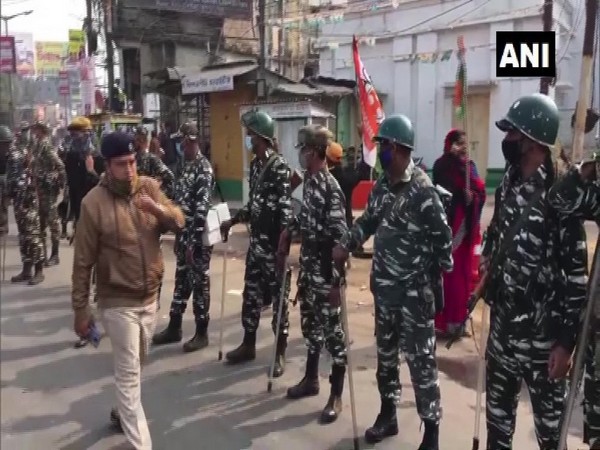Assam's 12-Hour Bandh Sparks Fierce Demand for ST Status
In Assam's Dibrugarh and Tinsukia districts, a 12-hour bandh halted daily life as Moran and Motok groups demanded Scheduled Tribe status. The strike saw mass road blockages, despite governmental warnings. With escalating protests, the call for ST status continues to intensify across various communities.

- Country:
- India
In a dramatic turn of events, the Dibrugarh and Tinsukia districts in Assam were brought to a grinding halt with a 12-hour bandh initiated by Moran and Motok organizations. The groups are fervently demanding Scheduled Tribe (ST) status for their communities, and this strike on Monday left all businesses, offices, and public institutions shuttered. Protestors swarmed the main roads, obstructing vehicular movement and disregarding district administration's prohibitory orders.
The protesters showcased remarkable resolve by defying Section 163 of the Bharatiya Nagarik Suraksha Sanhita (BNSS) orders, which banned forceful bandhs and road blockages. The administration, on its part, was wary to avoid detentions, focusing rather on clearing the highways. Police did open fire in the air on the Makum-Tinsukia bypass in attempts to disperse the crowds.
This sweeping shutdown, while exempting school buses and emergency vehicles, signals mounting frustration among several communities, including the Moran, Motok, and others. Assam saw a combined solidarity with the All Moran Students' Union (AMSU) and All Assam Motok Yuva Chatra Sanmilan (AAMYCS) leading the protest, fueled further by comments from Union Tribal Affairs Minister Jual Oram that no formal ST status granting steps had been taken. As tensions rise, protest leaders vow to intensify their movement.
(With inputs from agencies.)










